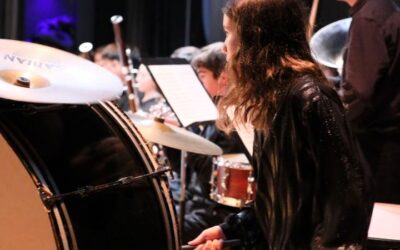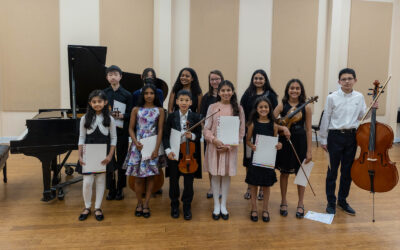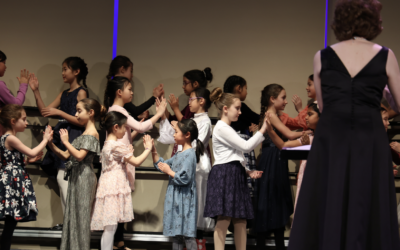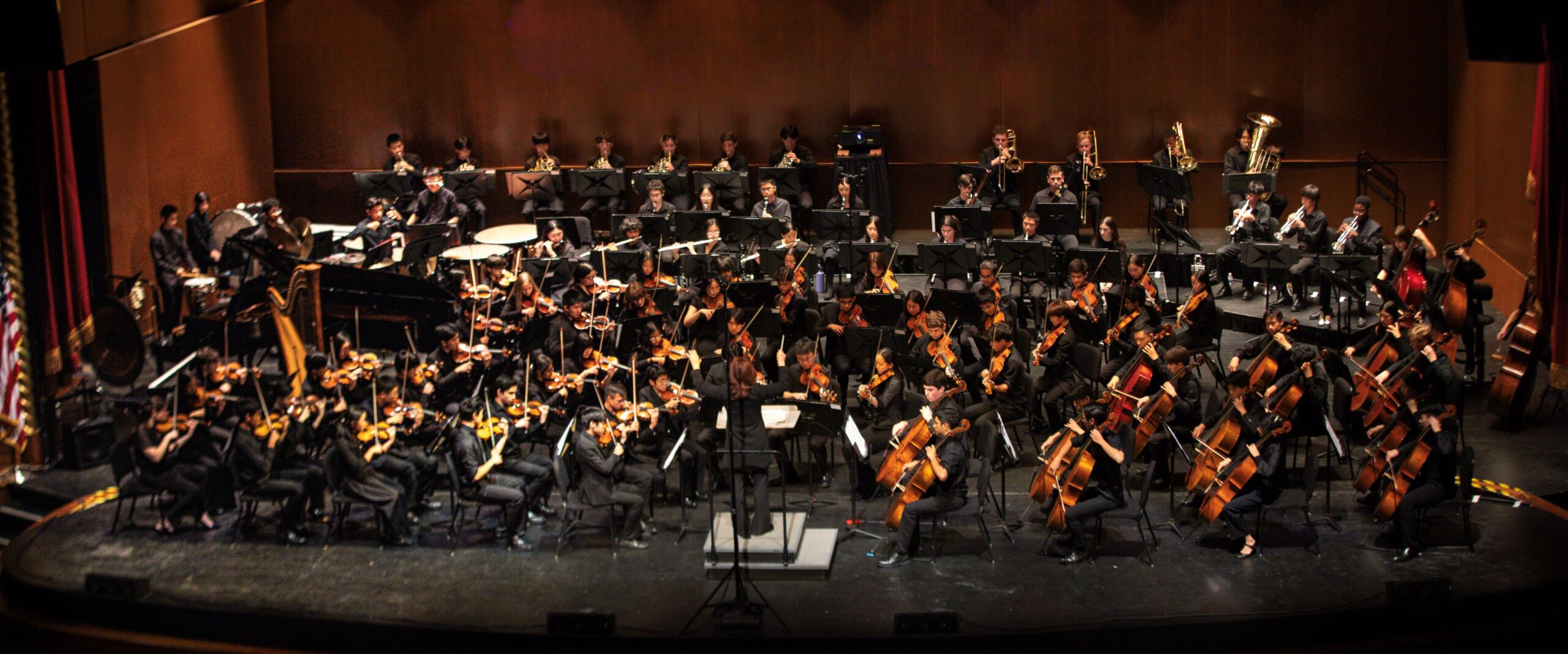Performing arts education to the tune of self - expression ensemble excellence social change

Our reach goes beyond the classroom.
We provide award-winning performing arts education for students of all ages and backgrounds because we believe in the power of music and its impact on individuals and their communities.
Programs
Wharton Arts is comprised of 4 core programs, offering students of all ages and experience levels learning opportunities that range from instrumental and vocal instruction, large ensembles, musical theater, and more.
New Jersey Youth Symphony
Auditioned orchestral and jazz education for students grades 3-12
Paterson Music Project
Private music lessons, sectional classes & ensemble education for students grades 1-12 in Paterson schools
Performing Arts School
Instrumental & vocal instruction, musical theater, drama & other courses for ages 4 and up
New Jersey Youth Chorus
Auditioned choral ensemble program for students grades 3-12
SUMMER CAMPS 2024
Summer Camp registration is now open! Wharton Arts offers a number of excellent learning opportunities for young budding artists at any skill level during the summer months. Our unique performing arts summer camps bring together the rigor of artistic practice and the playfulness of a fun summer experience. Explore all that Wharton Arts has to offer this summer!
Reserve your camp spot by April 1 and take advantage of the early bird special. Click the buttons below to explore each program’s camp offerings:
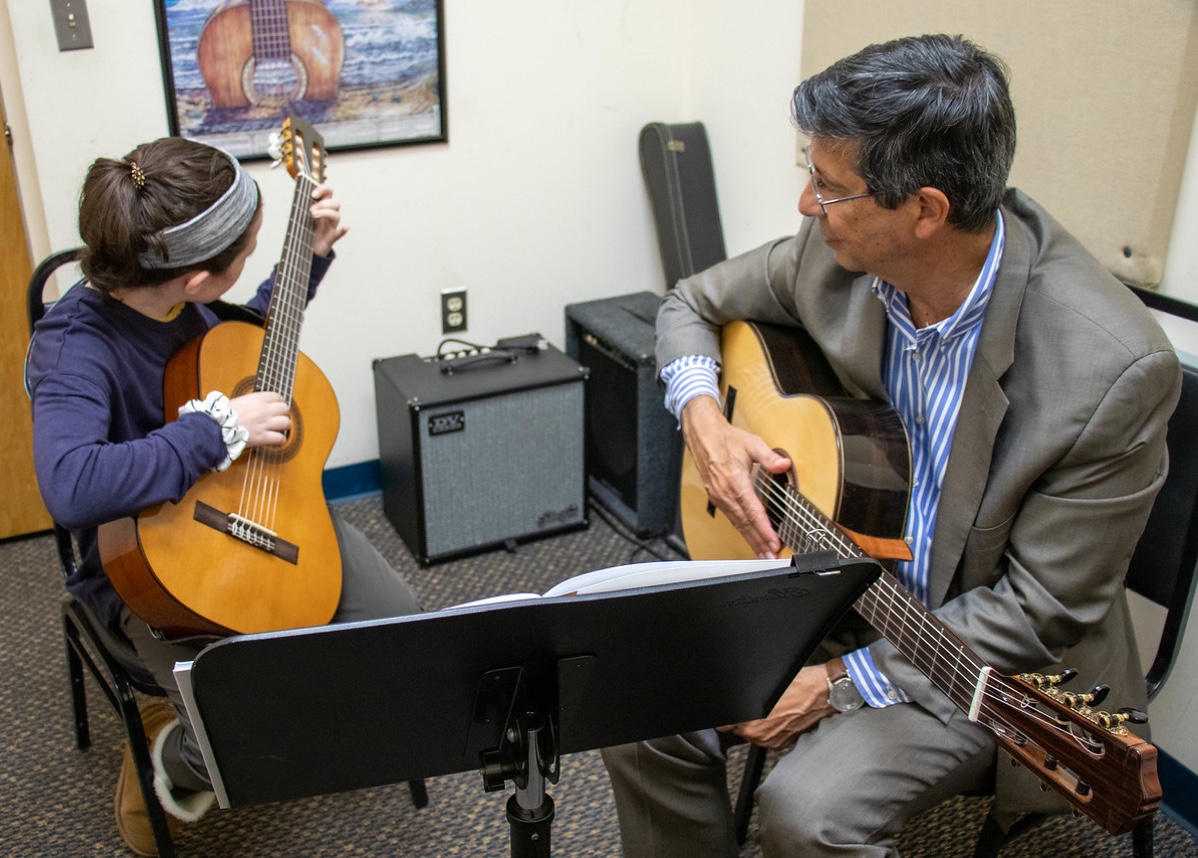
PAS
Private Lessons
The Performing Arts School offers in-person and online private music lessons in both instruments and voice for all ages and abilities.
In addition to significantly discounted introductory lessons, PAS offers free consultations to help you find the best match for your interests.
NJYS
AUDITIONS
Audition Registration is now open! All students—both current and new—must audition to be considered for an ensemble.
NJYC
AUDITIONS
Join the New Jersey Youth Chorus! Season 2024-25 auditions will be held June 3-12, 2024.
PAS
2023-24 SEASON
View our season brochure for information on concerts, auditions, and more. We are Better Together!
PMP
2023-24 SEASON
View our season brochure for information on concerts, auditions, and more. We are Better Together!
Not sure what’s right for you?
Get to know us
2,000
Serving nearly 2,000 students
New Jersey’s largest independent non-profit community performing arts education center
Founding School for The Royal Conservatory of Music Development Program
NJYS
First Prize Winners in 2014 and 2017 in the Summa Cum Laude International Youth Festival and Competition (Vienna)
NJYS
Performances in venues including the New Jersey Performing Arts Center, Carnegie Hall, and the John F. Kennedy Center for the Performing Arts
PAS
50
Nearly 50 faculty members for one-on-one instruction and group classes
PAS
Students regularly win top prizes in local and national competitions, including MTNA, MEA-NJ, NAfME, Russian Music Festival, and Crescendo International Festival
PAS
300
Over 300 summer campers annually
PMP
For every year more a student is in the program, they receive higher standardized test scores
PMP
Since the inception of the Paterson Music Project in January 2013, the program enrollment has grown tenfold and partner schools have increased from 1 to 17
NJYC
Now celebrating more than 30 years of musical excellence and exceptional performance experiences, NJYC is home to choristers from throughout northern and central New Jersey.
Events
View All EventsGive the Gift of Performing Arts Education
Stay Connected
Safety is Our Priority
We’re taking steps to help prevent the spread of the coronavirus and reduce the potential risk of exposure to our students and workforce.
